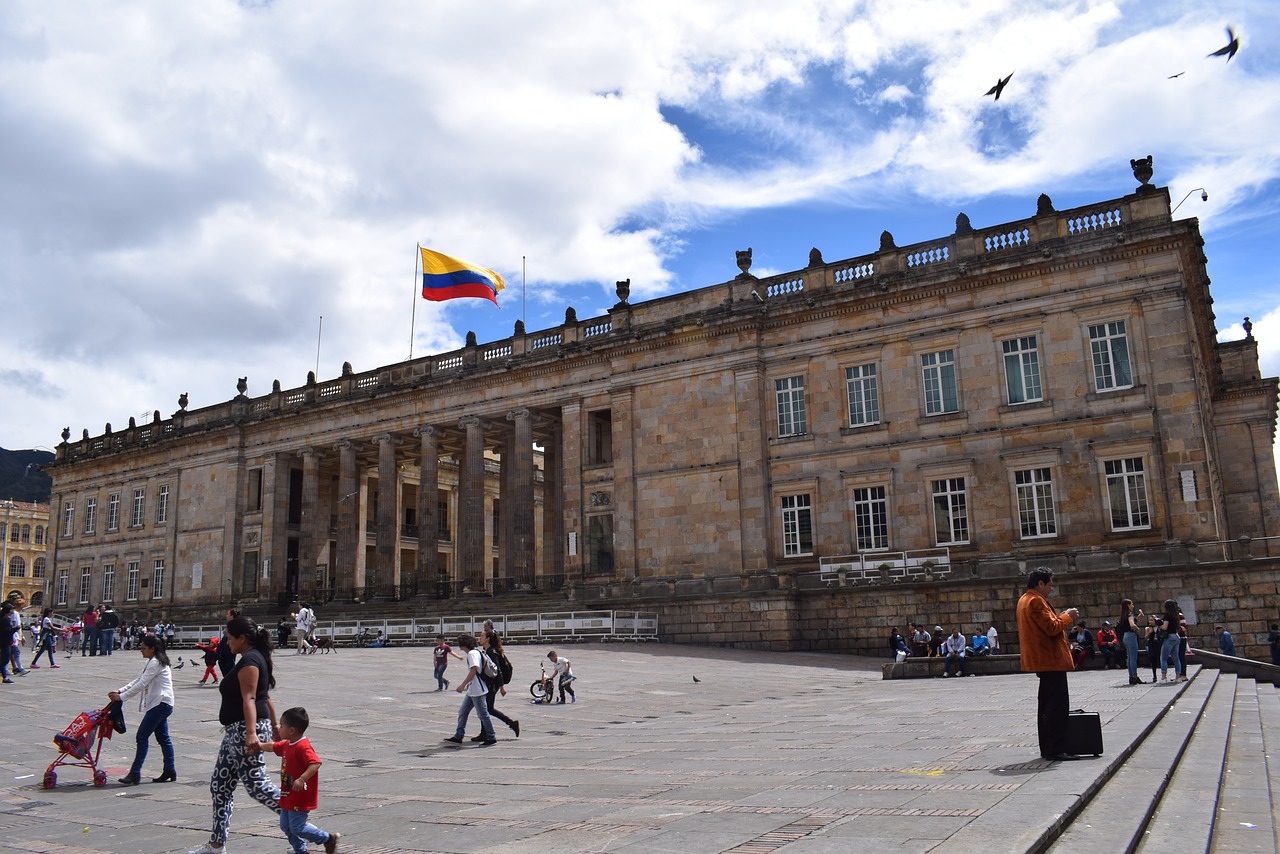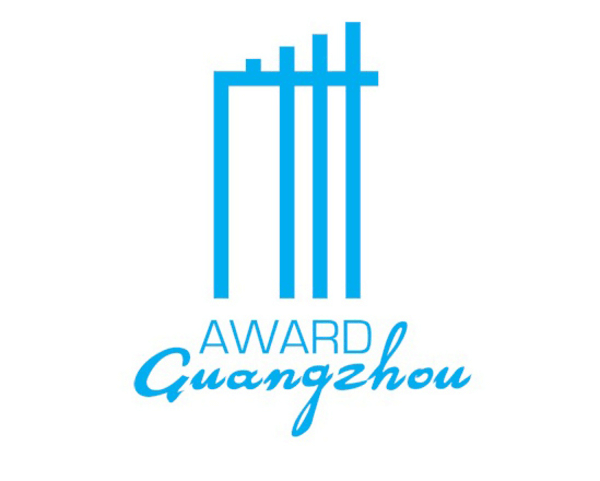City
Bogotá
Main actors
City Government, Public Utility, other
Project area
Whole City/Administrative Region
Duration
Ongoing since 2007
Promoting co-existence and respect for difference.
Aware of the vulnerability of rights for Lesbian, Gay, Bi-sexual, Transgender and Intersexual (LGBTI) citizens in Colombia, the District Administration of Bogotá initiated the implementation of a public policy to protect the rights of LGBTI persons. This policy is aimed at the transformation of imaginary and negative social representations towards sexual and gender diversity and eliminating the inequality and marginalization of LGBTI persons and social groups to achieve living conditions in accordance with the social Rule of Law - real and effective equality for all citizens.
Guangzhou Award
This project was shortlisted for the 'Guangzhou Award' in 2018 in the following category: Deserving initiative.
The human rights of citizens who identify as LGBTI in Colombia has generated concern both nationally and internationally since the 1980s. In 2014, it was recorded that 69.4% of LGBTI citizens who participated in the survey had been discriminated against or that their rights have been violated for some reason. This is 28.7 percentage points below the 2010 survey, in which 98.1% of citizens surveyed said they had been discriminated against or that their rights were violated.
The 2014 assessment indicated that the percentages of discrimination are distributed as follows: lesbians of 62.6%, gay men of 70.5%, bisexual men of 44.9% and bisexual women of 67.1%. However, it is worth noting that it is transgender people, both women and men, who recorded the highest percentages of discrimination: 92.9% and 88.8%, respectively.
Regarding the social representations that the citizens of Bogotá have about citizens who identify as LGBTI, in 2014, 14.1% of the respondents considered that these people were a risk to the community, 5.7 percentage points below the 2010 figure of 19.8%. Those who answered that people who identify as LGBTI can be a risk to society were asked if they had ever spoken with an LGBTI person, and only 43% of the people surveyed had done so. This has led the District Administration of Bogotá to the conclusion that risk representation is not based on direct contact with people from the LGBTI communities, but on prejudices.
According to the District Development Plan "Bogota Mejor para Todos", by 2020 the LGBTI public policy will contribute to achieve two main objectives:
- 18% reduction in discrimination perception, violence and social exclusion of people who identify as LGBTI.
- 5% reduction in the number of people that consider LGBTI people a risk to the society.
Commencing in 2007, the LGBTI community in Bogotá have actively participated in focus groups and contributed to the development of the LGBTI public policy. A citizen consultation process that included representatives from different departments of the city administration and the private sector was also organized. These exercises served as the basis for formulating policy guidelines and contributed to the development of a number of participation processes and initiatives in support of the LGBTI community. An example of this is the creation of the first community center for the care of LGBTI people, to provide them psychological and legal support.
The Sexual Diversity Office is the agency in charge of leading the design and coordination of the LGBTI public policy. It comprises a team of professionals and administrative personnel that has increased over time as new tasks, responsibilities and challenges have arisen. Moreover, implementation of the policy involves the cooperation of 15 districts who adhere to an Action Plan. Some of the districts have a special team or an existing agency such as the Deputy Office of LGBTI Issues and the Women and Gender Management.
Additionally, within the framework of this policy, there are spaces for articulation with other actors, such as:
- The Inter-sectorial Table of Sexual Diversity: with the participation of 15 district sectors, through which actions of coordination, execution and monitoring of the LGBTI public policy are carried out.
- The LGBTI Advisory Board: This body is made up of 8 district sectors; 4 LGBTI people (with a representative for each of the 4 social sectors); 4 representatives of LGBTI persons who are experts in matters related to the defence of fundamental rights such as: access to health, education, work, life and security, and the right to participation and culture; and a representative of the Universities based in Bogota. This board analyses the main problems for the recognition, restoration and guarantee of rights for LGBTI people in the city and makes recommendations in this regard, together with the city administration.
- Tables and local advisory councils: These tables are held locally. Representatives of LGBTI organizations, the mayor's office, the International Relations Office and the Institute of Participation and Community Action of Bogotá, participate in these meetings. The objective is to generate projects aimed to enhance the quality of life of the LGBTI population in the city.
Specific activities of the policy include:
- Comprehensive care guides for victims of school harassment based on sexual orientation and gender identity.
- Differential attention to lesbian, bisexual and transgender women.
- Access to justice through the Houses of Equality of Opportunities for Women.
- Two Community Centers located in Teusaquillo and the Martires.
- Refugee House for the integral attention to victims of violence of the LGBTI sectors, (unique in Colombia and in Latin America).
- Community dining room that serves people from the LGBTI sectors in food insecurity conditions.
- Unit Against Discrimination, whose purpose is to advise and legally accompany cases of discrimination;
The LGBTI public policy has its own budget allocation that comes from public funding. During the period from 2008 to 2016, 22 billion COP was allocated for activities that contributed to its successful development. Over time, this budget has increased as LGBTI rights has become a priority for the Districts development plans.
The implementation of the LGBTI public policy has reduced the indicator associated with the violation of LGBTI people rights from 98% to 69%. Likewise, the negative perception of the citizenship against LGBTI people, was reduced by 5 percentage points, from 19% to 14%.
In 2010, the construction of the baseline of the LGBTI policy was oriented to assess the following:
- The social representations that the citizenship and public servants have about the people of the LGBTI sectors;
- The capacity of the Local Administration to implement the LGBTI public policy; and
- The current situation of the rights of LGBTI people within the community.
Additionally, the city administration sought to establish a starting point to generate, through strategic processes, actions that would allow:
- To increase support from District Institutions and their response to the violation of rights of LGBTI citizens;
- The change of cultural representations that affect the rights of LGBTI people; and
- The development of a citizen culture that respects diversity, in sexual orientation and gender identity.
The challenges the implementation of the policy has faced are:
- The lack of coordination and dialogue with conservative and opposition groups of the policy in order to build respect for difference.
- The lack of a national LGBTI policy and coordination mechanisms between the national and local levels, even though the city of Bogotá has advised and participated in working groups with national entities to achieve guidelines for a national LGBTI policy.
- The lack of understanding and ownership of the issue by public servants. This has been overcome through the Inclusive Work Environment strategy which in 2018 trained 892 people in the public, private and/or mixed sectors in a differential approach based on sexual orientation and gender identities and generated strategic alliances with the private sector for the inclusion of LGBTI people in the workforce.
The involvement of citizens and organizations from the LGBTI community and development of positive actions is a major factor in the success of the policy.
The Directorate of Sexual Diversity, as technical secretariat of public policy, has provided support to formulate policies at both the national and local level for the Ministry of the Interior and to other regions such as Cundinamarca Government (including Chia, Zipaquira and Madrid). Additionally, the Directorate has worked with Tolima and Huila governments to build a baseline for a multipurpose survey at the departmental level.
Moreover, the Directorate of Sexual Diversity has participated in different international conferences to present the development and implementation of the policy. During 2015-2017, Bogotá’s participation in events such as “Equality Week”, provided the opportunity to exchange experiences with South Africa, Mexico City, Sao Paulo, Madrid, Santiago de Chile and Buenos Aires.
Coexistence and Respect for Difference, Guangzhou Award for Urban Innovation: http://www.guangzhouaward.org/award_d.aspx?CateId=289&newsid=1386
Categories
External links / documents
On Map
The Map will be displayed after accepting cookie policy

